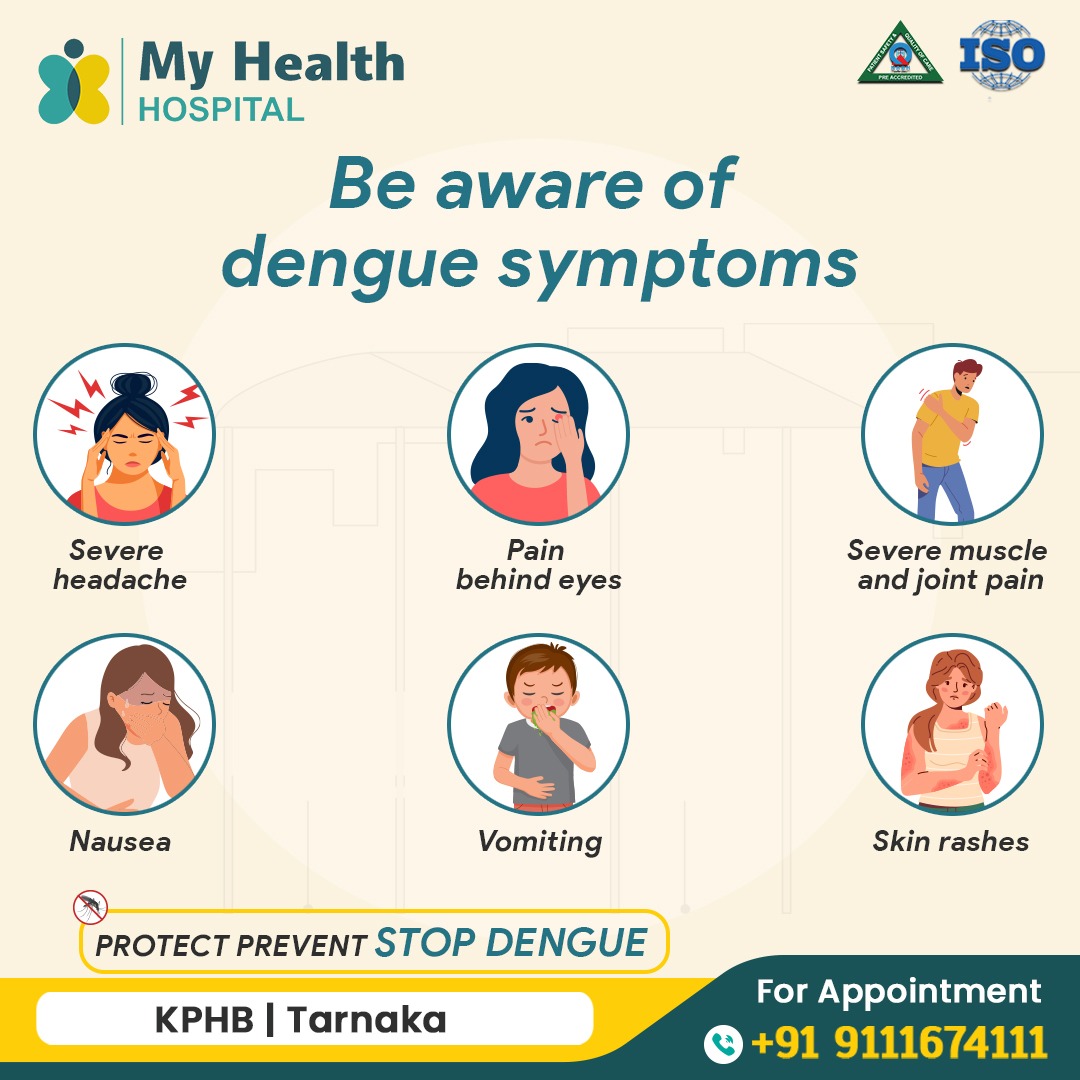
Dengue fever, often referred to as breakbone fever, is a viral illness transmitted by mosquitoes, primarily the Aedes aegypti species. With global incidences rising, it’s essential to understand its causes, recognize its symptoms, and know the preventive measures and treatment options available.
Causes of Dengue
Dengue is caused by the dengue virus, which belongs to the Flavivirus genus. There are four distinct serotypes of the virus: DEN-1, DEN-2, DEN-3, and DEN-4. These viruses are spread through the bite of infected female Aedes mosquitoes, particularly Aedes aegypti and Aedes albopictus. These mosquitoes are most active during early morning and before dusk, making it crucial to be vigilant during these times.
Symptoms to Watch Out For
The symptoms of dengue typically appear 4-10 days after the mosquito bite. They can vary from mild to severe and include:
- High Fever: Sudden onset of high fever, often reaching up to 104°F (40°C).
- Severe Headache: Intense pain behind the eyes and severe headaches.
- Pain Behind the Eyes: A distinctive feature that makes the eyes feel sensitive to movement.
- Joint and Muscle Pain: Known as “breakbone fever” due to its severe pain in muscles and joints.
- Nausea and Vomiting: Gastrointestinal discomfort, leading to dehydration.
- Skin Rash: Appearing a few days after the fever starts, it can spread to most parts of the body.
- Fatigue: Extreme tiredness and weakness that can last for weeks even after recovery.
In some cases, dengue can progress to severe dengue, also known as dengue hemorrhagic fever (DHF) or dengue shock syndrome (DSS). Symptoms of severe dengue include persistent vomiting, severe abdominal pain, bleeding gums, blood in vomit or stool, and rapid breathing. This stage can be fatal if not treated promptly.
Prevention: A Shield Against Dengue
Preventing dengue revolves around reducing mosquito exposure and controlling mosquito breeding sites. Here are some effective strategies:
- Eliminate Breeding Sites: Empty and clean containers that collect water, such as flower pots, discarded tires, and gutters. Mosquitoes breed in stagnant water, so regular cleaning is essential.
- Use Mosquito Repellents: Apply mosquito repellents containing DEET, picaridin, or oil of lemon eucalyptus on exposed skin.
- Install Mosquito Nets and Screens: Use bed nets and window screens to keep mosquitoes out, especially in areas where dengue is prevalent.
- Wear Protective Clothing: Wear long-sleeved shirts and pants to minimize skin exposure to mosquitoes.
- Use Mosquito Coils and Insecticides: These can help reduce mosquito populations indoors, especially during peak biting times.
Treatment: Managing Dengue Effectively
There is no specific antiviral treatment for dengue. Management focuses on supportive care to alleviate symptoms and prevent complications:
- Stay Hydrated: Drink plenty of fluids, including oral rehydration solutions, to prevent dehydration.
- Rest: Adequate rest is crucial for recovery.
- Pain Relief: Use acetaminophen (paracetamol) to reduce fever and pain. Avoid nonsteroidal anti-inflammatory drugs (NSAIDs) like aspirin and ibuprofen, which can increase the risk of bleeding.
- Medical Monitoring: Seek medical attention immediately if symptoms worsen, particularly if signs of severe dengue appear, such as bleeding, severe abdominal pain, or rapid breathing.
In conclusion, awareness, prevention, and timely medical intervention are key to combating dengue fever. Stay vigilant, protect yourself, and ensure timely treatment to safeguard against this potentially life-threatening disease. Let’s join hands to keep our communities safe from dengue!







